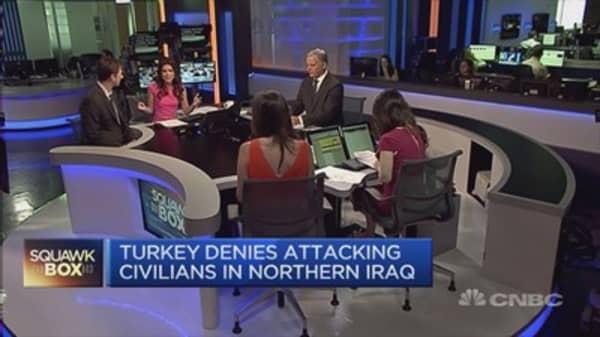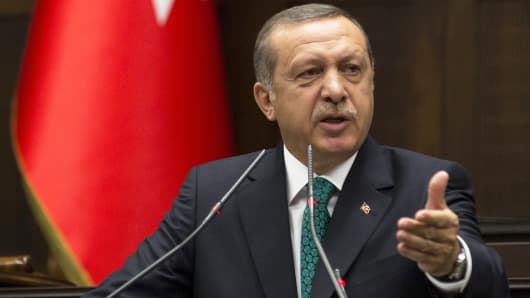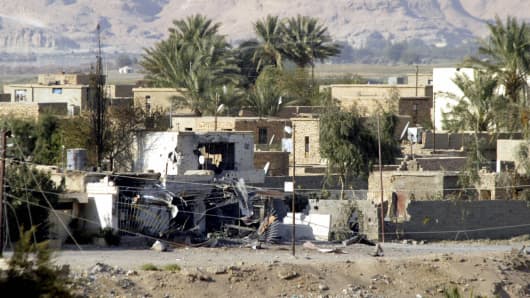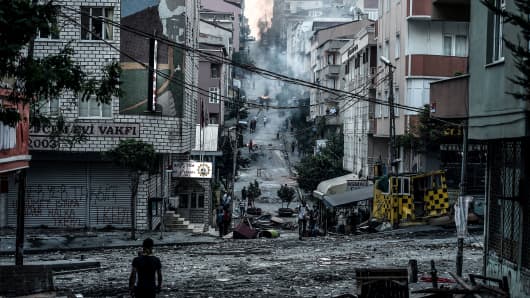Turkey's bombing campaign in Syria and Iraq has diverted attention from "exploratory talks" between the ruling party and the political opposition for a new governing coalition. However, Turkey's president and commander-in-chief, Recep Tayyip Erdogan, is almost certainly seeking to capitalize on the fight against terrorism to reassert himself as Turkey's de facto executive.
Airstrikes constitute part of Erdogan's strategy, of which another aspect is his direct implication of Turkey's pro-Kurdish opposition party in a spate of recent terrorist attacks in the hope that he can reduce its political traction. This reflects the success of the People's Democratic Party (HDP) in the June 2015 national elections, when, having broadened its support base, the party secured an historic 13 percent of votes.
Erdogan's accusations are an attempt to alienate the HDP's non-core, moderate, liberal, non-Kurdish constituents, partly at least to prevent the party from passing the 10 percent threshold required to enter parliament in the increasingly likely event that new elections are held in November.
If Erdogan succeeds, it will increase the chances of a victory for the ruling Justice and Development Party (AKP)—and the president once again exercising largely unchecked executive power.






